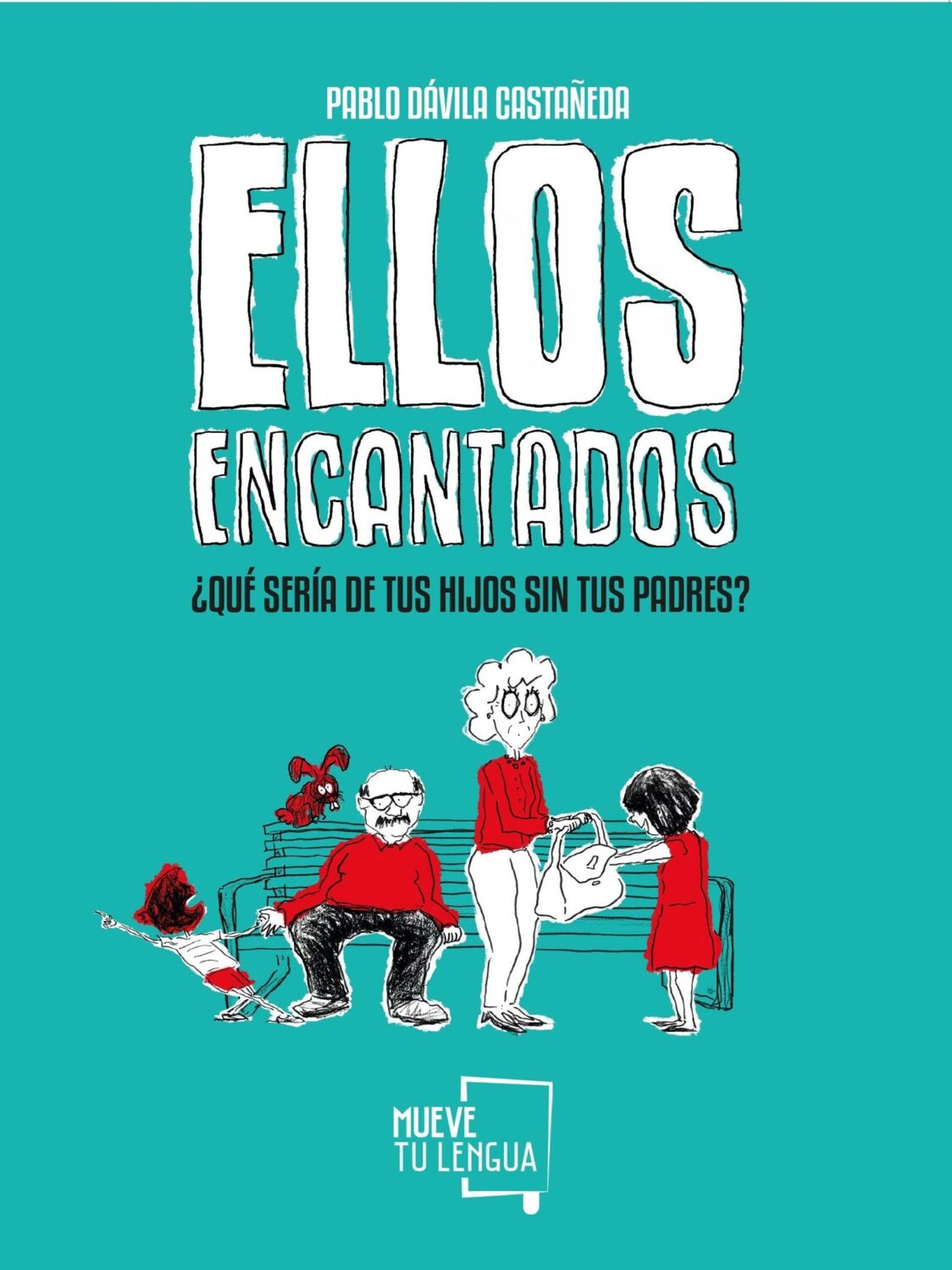What would your children do without your parents?
Madrid, 21st Century. Lourdes and Carlos are a young couple who have everything they need: adorable kids, a penthouse in the city, two cars and successful professional careers. However, they don’t really feel that happiness from the movies, their social life is exhausting, and it is very stressful at the office. Her parents, Carmen and Rafa, are fundamental support for them: they take the children to and pick them up from swimming lessons, Chinese lessons; they take care of them on Fridays and some weekends as well.
Lourdes and Carlos organize a trip without the kids, to sort out their matrimonial crisis. “Happy to help”, lies Carmen, when her daughter asks them, once again, to take care of the kids. Rafa is not happy at all with the idea. In a Skype call to check on the children, the grandparents leave the communication open by accident and the parents hear Rafa saying the truth: they are sick of taking care of the kids.
Lourdes decides to not leave the kids with her parents anymore and this triggers stress, expenses, anxiety at work and leaving the kids with the other grandmother (“The crazy one”). In the meantime, Carmen and Rafa start to feel the empty nester syndrome; they do everything they can to keep themselves busy: pensioners trips, pilates, or even recovering their sexual life.
Fed up, Carmen will team up with her granddaughter Alba, and both will make a plan to bring common sense back to the family. The girl knows the best presents at Christmas come from her grandparents and grandma Carmen wants the kids back.
Happy to help is a family comedy about an untouched issue in Spanish fiction: The grandparents taking care of their grandchildren. It talks about the relationships inside the family, with friends, brothers and sisters in law, with the baby sitter, the housekeeper, the psychologist from school or Antonio, the man from the pub.
RELEVANT INFORMATION: Happy to help has been a success among the audience, especially on social media. There is a huge amount of followers around the character Carmen on social networks, and with the readers of her column in the digital magazine Ser Padres, the most successful Spanish magazine specialized in parenting.
It is the first novel by Pablo Dávila, a specialist on creativity for audiovisual projects. He has created the promotional image for authors like Gracia Querejeta, Francis Ford Coppola, Juan José Campanella or Almudena Grandes, among many others. He has also worked for many movies and TV series in different phases of production.
He is currently developing his own fiction projects and directing the Pablo Dávila Studio, dedicated to project design, graphic design, audiovisual creation or creative writing.
What the critics have said:
«Reading this book is like watching a comedy (…) The success of this novel is due to its naturality as it is a story that could be yours or your neighbors » El Caos literario.
AUDIOVISUAL POTENTIAL: In development for Film format.
AVAILABLE IN: Spanish.


